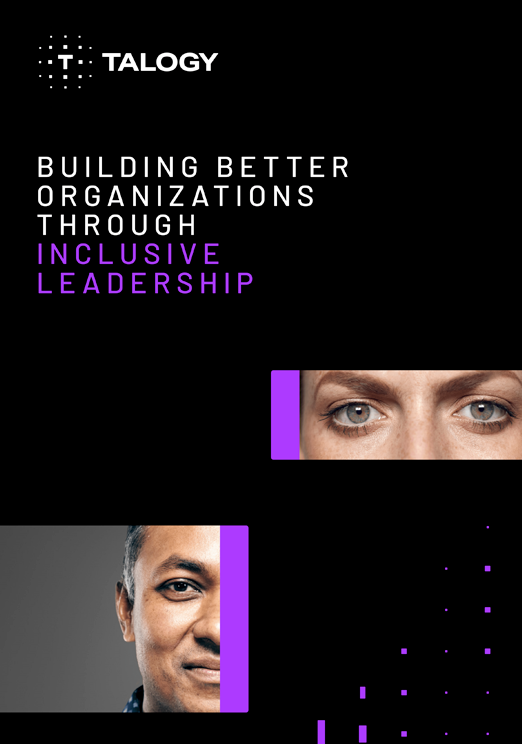Are you sick of the word “Millennials” (with a capital M) yet? That’s a rhetorical question, by the way. Of course you’re sick of it.
People are so tired of reading about Millennials and their supposed need to feel special, even Millennials themselves are distancing themselves from the term. “Maybe I’m technically a Millennial,” you may have heard one of your mid-twentyish to mid-thirtyish colleagues say, “but I’m not really one.”
The good news: Generation Z kids, those born after 1995, are starting to graduate college and enter the workforce, soon to relegate their Millennial counterparts to the dustbin labelled “Yesterday’s News.”
The bad news: Generation Z is starting to graduate college and enter the workforce. Get ready for a barrage of books, a flood of articles, and a cacophony of bloviating about Gen Z’ers that will make you look to the skies in hopes of seeing a giant asteroid hurtling toward the Earth.
Treating a group of people numbering in the millions as a monolithic entity is unscientific, intellectually bereft, undoubtedly lazy, and probably questionable on an ethical level. Naturally, we’re all going to do it anyway. The big questions: What makes a Generation Z’er tick? What motivates them? How should we hire them? How should we manage them? WHAT DO THEY WANT?
With the benefit of having collected 50-plus years of scientifically validated personality data, Caliper can save you a lot of hand-wringing and answer those questions right now:
What makes a Gen Z’er tick? More bad news. You have to ask each one individually, just like you have to ask people of other generations. Playing the odds, we can bet that the average Gen Z’er will be even more tech-savvy then their Millennial antecedents. That doesn’t mean a given Gen Z employee is guaranteed to be tech-savvy. Every person is unique.
What motivates them? For decades, Caliper has gathered data on what motivates people. Some employees desire creative opportunities, and some seek order and process; others value the rush of closing a deal, and still more feel gratification from helping customers and team members. The point is, employees from older generations show a broad array of strengths and interests, and the same will hold true for Gen Z.
How should we hire them? The same way a company should hire anybody: By measuring the individual’s performance competencies relative to the role while, on a broader level, looking to build diverse teams with complementary skillsets.
How should we manage them? As with employees of other generations, by making expectations clear, providing the tools and training needed to meet those expectations, and coaching and developing in accordance with their individual strengths, motivations, and opportunity areas.
What do they want? What all employees want: a supportive work environment, meaningful responsibilities, and the opportunity to grow and succeed.
The best way to acquire the right talent, whether the applicant is 22 or 62, is to be a forward-thinking employer of choice where people like coming to work.

